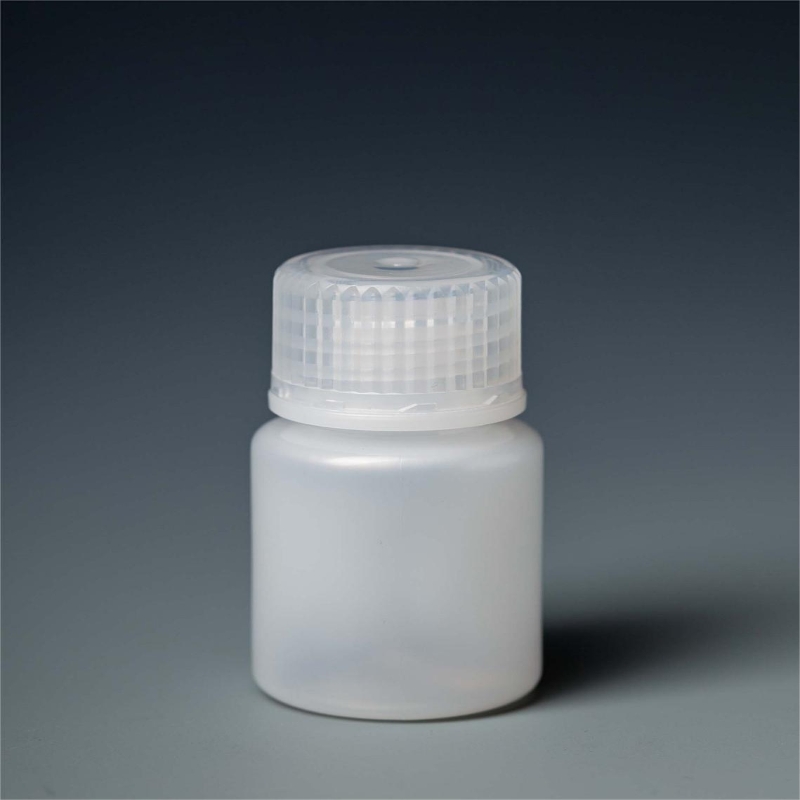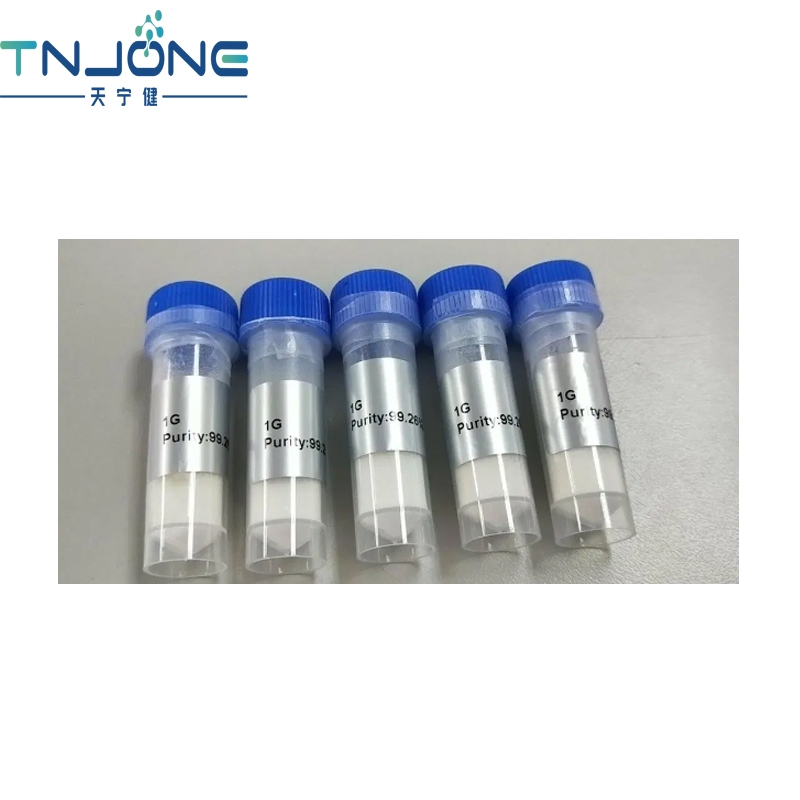-
Categories
-
Pharmaceutical Intermediates
-
Active Pharmaceutical Ingredients
-
Food Additives
- Industrial Coatings
- Agrochemicals
- Dyes and Pigments
- Surfactant
- Flavors and Fragrances
- Chemical Reagents
- Catalyst and Auxiliary
- Natural Products
- Inorganic Chemistry
-
Organic Chemistry
-
Biochemical Engineering
- Analytical Chemistry
-
Cosmetic Ingredient
- Water Treatment Chemical
-
Pharmaceutical Intermediates
Promotion
ECHEMI Mall
Wholesale
Weekly Price
Exhibition
News
-
Trade Service
9, 2020 /--- In a recent study, researchers at the Karolinska Institute and Life Sciences Laboratory in Sweden, as well as researchers at to the University of Tor Vergata in Italy, have mapped the immune response of children with COVID-19-related but rare but life-threatening inflammatory syndrome.
study, published in the journal Cell, showed that the inflammatory response to COVID19 infection was different from that of Kawasaki disease.
in the current SARS-CoV-2 outbreak, with very few exceptions, children generally show mild symptoms.
, pediatricians have discovered a new, life-threatening high-inflammatory syndrome similar to Kawasaki disease and named it COVID-19, MIS-C-related multisystric inflammatory syndrome in children.
(Photo: www.pixabay.com) In a new cooperative study, researchers have developed immunological characteristics of the rare disease.
they compared blood samples from 13 MIS-C patients treated at Karolinska University Hospital in Stockholm, Sweden, and Bambino Gesu Children's Hospital in Rome, Italy, with 28 Kawasaki patients collected before COVID-19 in 2017-2018.
analysis also included samples from children with mild COVID-19.
"Our results show that while MIS-C has some common characteristics, it is indeed a very different inflammatory disease from Kawasaki disease," said Peter Brodin, a pediatrician and researcher in the Department of Women's and Children's Health at the Karolinska Institute.
research.
"excessive inflammation and cytokine storms found in children with MIS-C are also different from those seen in adult patients with severe, acute COVID-19.
when comparing MIS-C with other inflammatory states, the study observed differences in frequency of specific immune cell groups, inflammatory cytokines, and coercion factors in the blood.
children with Kawasaki disease and children with mild COVID-19, children with MIS-C developed a lack of IgG antibodies to the common cold coronavirus.
also found several autoantibodies targeting the body's own proteins, which may be linked to the pathogenesis of MIS-C.
they are now studying genetic risk factors for developing MIS-C after SARS-CoV-2 infection.
Brodin said: "There is an urgent need to better understand why a small number of children infected with SARS-CoV-2 develop MIS-C.
understanding of pathogenesis could help develop the best treatments that can suppress cytokine storms and hopefully save lives, as well as avoid the MIS-C response caused by vaccination.
.com Source: Rare hyperinflammatory syndrome in children with COVID-19 Describeed Original source: Camila Rosat Consiglio et al. The Immunology of MultisystemSy Syndrome in Children with COVID-19, Cell (2020). DOI: 10.1016/j.cell.2020.09.016.







